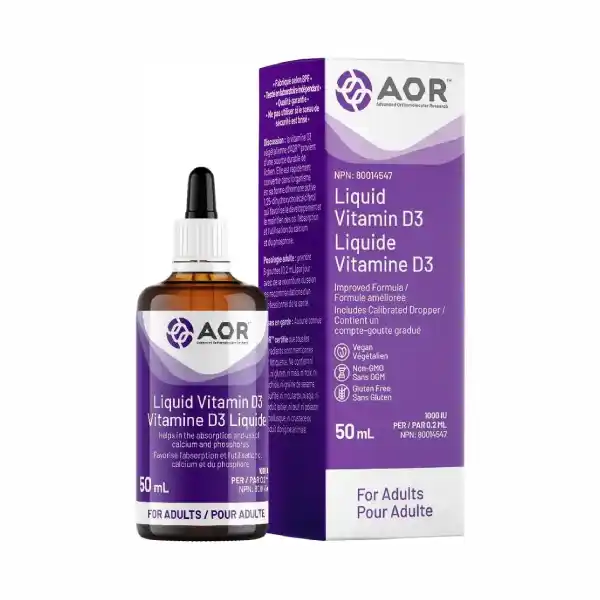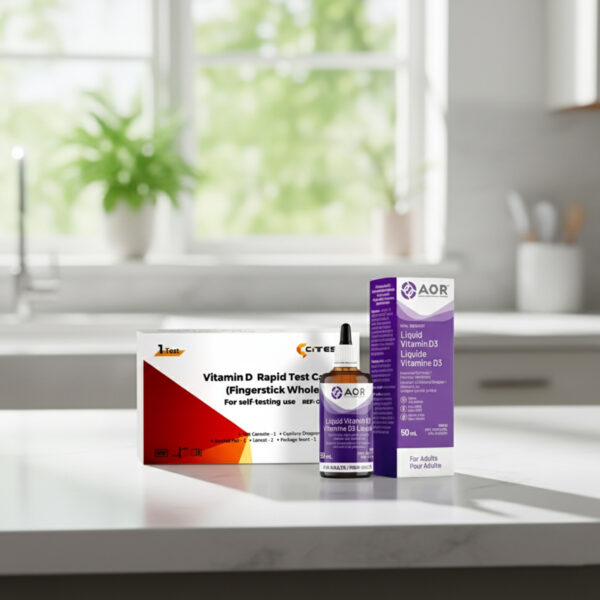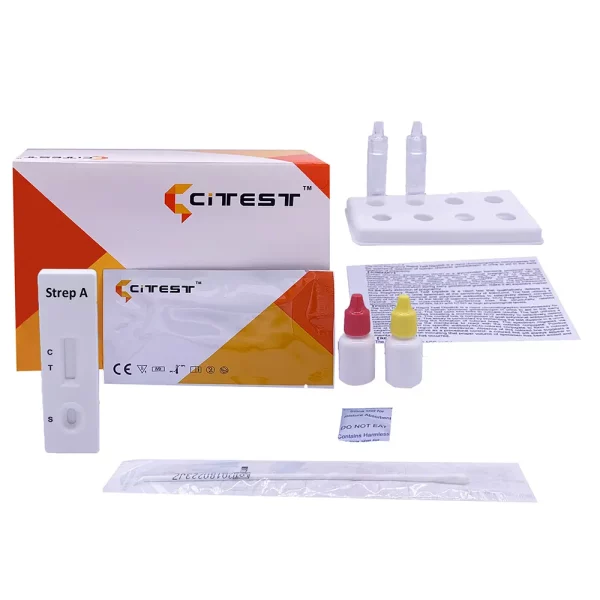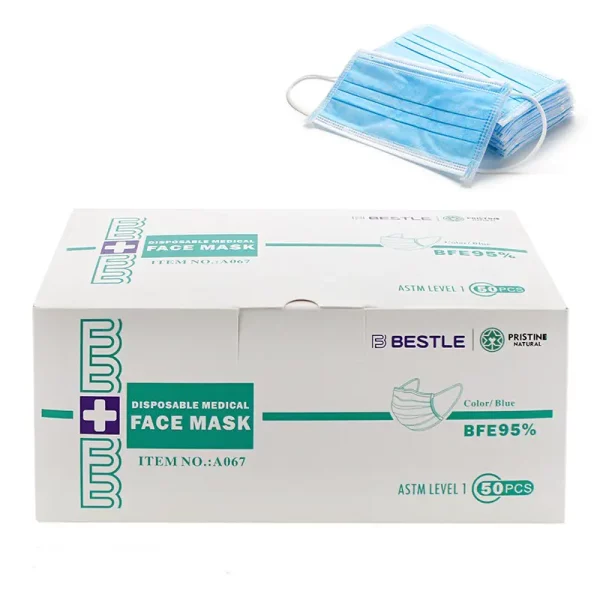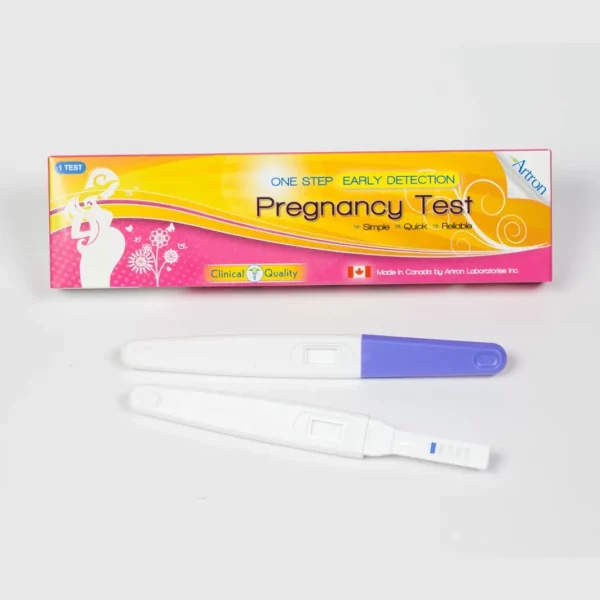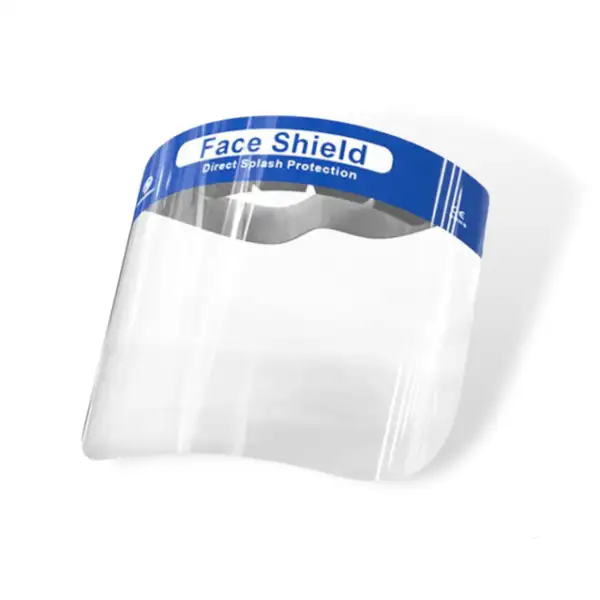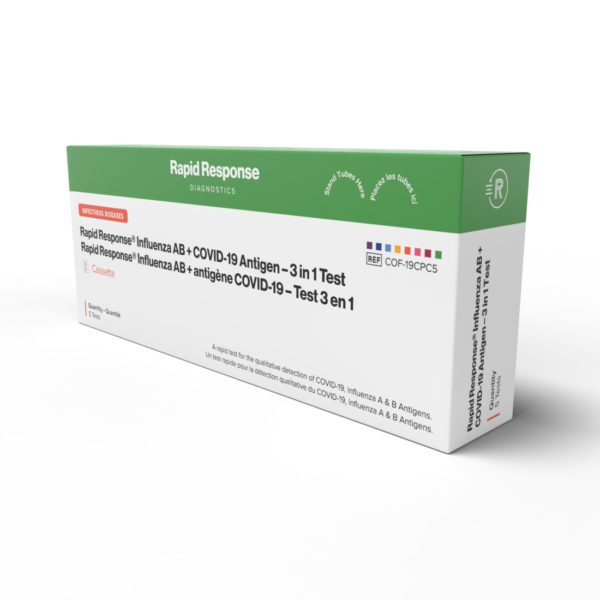
New Brunswick lifted all COVID restrictions in March, but that doesn’t mean the pandemic is over. We should still be vigilant and keep ourselves safe from this circulating illness with proven public health measures. Rapid COVID testing is one of those measures that help detect infection before it can spread.
Read on to learn why many people prefer rapid tests and where to get them easily in New Brunswick.
COVID Diagnosis Testing Types
COVID-19 diagnosis tests identify current viral infections and are commonplace in workplaces and international travel preparations. You have two options for COVID-19 diagnosis tests, both administered through a nose swab:
Rapid Antigen Test
A rapid test detects virus proteins to determine COVID-19 infection. An antigen swab test is relatively less accurate than a molecular test but can provide results on-site within fifteen minutes.
Rapid tests are easy to administer, and Health Canada has approved their use for self-tests. Quick sample processing makes antigen tests one of the best choices for detecting COVID-19 infection in public settings like workplaces or events.
Molecular Test
New Brunswick lifted all COVID restrictions in March, but that doesn’t mean the pandemic is over. We should still be vigilant and keep ourselves safe from this circulating illness with proven public health measures. Rapid COVID testing is one of those measures that help detect infection before it can spread.
Read on to learn why many people prefer rapid tests and where to get them easily in New Brunswick.
COVID Diagnosis Testing Types
COVID-19 diagnosis tests identify current viral infections and are commonplace in workplaces and international travel preparations. You have two options for COVID-19 diagnosis tests, both administered through a nose swab:
Rapid Antigen Test
A rapid test detects virus proteins to determine COVID-19 infection. An antigen swab test is relatively less accurate than a molecular test but can provide results on-site within fifteen minutes.
Rapid tests are easy to administer, and Health Canada has approved their use for self-tests. Quick sample processing makes antigen tests one of the best choices for detecting COVID-19 infection in public settings like workplaces or events.
Molecular Test
Molecular testing, like a PCR (polymerase chain reaction) test, uses the virus’s genetic material instead of its proteins. A PCR test is more accurate than an antigen swab test but takes longer to produce results because your sample is analyzed at a laboratory. Usually, you take a PCR test on-site or at home and receive your negative or positive result online.

Advantages of COVID-19 Rapid Testing
People and organizations prefer rapid antigen testing for COVID screening because of these benefits:
Easy to Self-Test
Your rapid test kit usually comes with instructions for self-testing. You can also book telehealth appointments for guided self-testing.
Produces Fast, Easily Interpreted Results
Antigen tests give you results within fifteen minutes, contrasting PCR tests that may take hours or even days to show results. Rapid test kit results are also easy to read – two lines for a positive result and one line for a negative result.
Allows for Mass Testing
Antigen tests give you results quickly, which is why it’s perfect for group testing at workplaces or event spaces.
Are COVID-19 Rapid Tests Approved in New Brunswick?
The New Brunswick government approves COVID-19 rapid tests, but access to the general public is limited. Local authorities only provide testing for people with COVID-19 symptoms and healthcare workers.
New Brunswickers can take a survey on the government website to determine whether they need one of these tests:
A PCR test at local assessment centres
A rapid POCT (point-of-care testing) with equipment approved by Health Canada
Signs of COVID-19 Infection
Per local regulations, only people with symptoms and health care workers have access to government-issued rapid POCT and PCR tests. While asymptomatic people can still spread COVID-19, it helps to learn the symptoms so you can identify them and seek a point-of-care test immediately.
Here are some common possible COVID-19 symptoms, generally experienced after 2 to 14 days of virus exposure:
Fever or chills
Sore throat
Loss of taste or smell
New cough/worsening chronic cough
Difficulty breathing
Muscle aches
Purple markings on fingers and toes
Runny nose
Nausea
Congestion
Headache
Note that this doesn’t cover all possible signs of COVID. If you experience more severe symptoms and know you have an active infection, call 911 immediately.
What To Do if You Tested Positive for COVID-19
According to provincial regulations, a positive point-of-care test result means you have COVID-19 without further PCR testing. Here’s what you must do if you tested positive for COVID:
1. Begin Self-Isolation
Self-isolate and minimize contact with others once you receive a positive rapid test result. Isolate in a single room if you live with others, and ask family members or delivery services to bring you daily necessities like food and medicine.
2. Determine Day of Exposure
Recount where you’ve been in the past two to three days, note high-risk settings like crowded events or workplaces, and then determine when and where you’ve most likely been exposed to COVID.
3. List and Notify Recent Contacts
Once you have a possible exposure date and place, contact everybody you’ve met from exposure day, and encourage them to get tested as soon as possible. Notify your school or workplace about your positive COVID test result so they know the reason for your absence.
4. Continue Self-Isolation and Monitor Symptoms
Stay in quarantine until your symptoms subside and you’re no longer infectious. Ensure you have two negative rapid test results before exiting quarantine, even if you don’t show symptoms anymore.
Rapid Tests to Protect Your Workplace
Asymptomatic transmission makes up a bulk of COVID infections, so frequent rapid testing is essential to detecting the disease before it spreads. Regular workplace testing complements masking and handwashing to protect your employees, their families, and the community from COVID-19.
Frequent workplace rapid testing can:
Slow the spread of COVID in the province
Prevent your employees and their families from getting infected
Where to Buy Rapid Antigen Testing Devices in New Brunswick
In New Brunswick, antigen test kits are only available for health care workers and people with COVID symptoms. If you fall under one of those categories, you can contact the local government to pick the test up at distribution sites.
If you don’t show signs of COVID or want to get test kits for your workplace, you can buy some from a reseller like Rapid Test & Trace Canada.
Buy Rapid Antigen Test Kits for Your Workplace
Contact Rapid Test & Trace Canada today to purchase antigen swab test kits to prevent the spread of COVID-19 at your workplace.
-
-
Rapid Flu & Strep Test Kits
CiTEST Strep A Rapid Test (20 pack)
$34.90/box Add to cartRated 4.80 out of 5 -
Personal Protective Equipment (PPE)
Blue Medical Mask (ASTM Level 1)
Rated 4.60 out of 5$8.00Original price was: $8.00.$7.50Current price is: $7.50./box of 50You save $0.50 (6% Off) Add to cart Volume Pricing -
🍁 PRODUCT OF CANADA 🍁At-home Fertility Testing Kits
Artron One-Step Early Detection hCG Pregnancy Test
Rated 4.00 out of 5$7.99Original price was: $7.99.$6.45Current price is: $6.45./testYou save $1.54 (19% Off) Add to cart -
Rapid COVID-19 Tests
SwiftSwab COVID Test (2PK)
$12.00/box Add to cart Volume PricingRated 5.00 out of 5 -
Protective Face Masks & Gloves
Face Shields 10PK
$15.00/pack Add to cart Volume PricingRated 4.40 out of 5 -
Vitamin Deficiency
Vitamin D3 1000 IU – 50 ml Vitamin Drops – AOR
$31.99/bottle Add to cartRated 4.80 out of 5 -
Rapid COVID-19 Tests
BTNX Rapid Response Influenza AB + COVID-19 Antigen – 3 in 1 Test (5 tests/box)
$55.00/box Add to cart Volume PricingRated 4.80 out of 5
